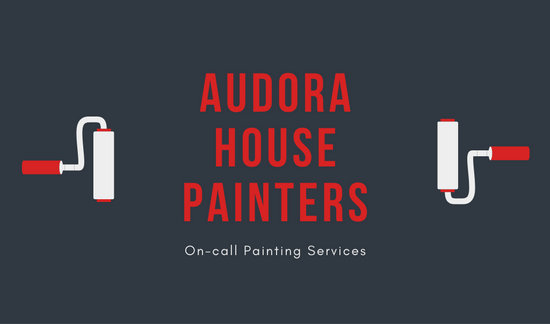When you're preparing to paint, using primer can make a substantial difference in the last outcome. It improves bond, ensuring your paint sticks well and lasts much longer, while likewise improving shade vibrancy-- making tones appear richer and much more real to develop. Plus, it aids prevent problems like peeling and cracking. Nonetheless, many ignore just how flexible primer is and the influence it can have across various surfaces. Comprehending these benefits may change exactly how you approach your following job, particularly when considering what primer can absolutely offer.
Improved Bond
Using primer before painting substantially enhances adhesion, guaranteeing your overcoat sticks much better and lasts longer. When you use guide, it produces a solid base that enables your paint to grasp the surface better. This is specifically important on porous or irregular surfaces like raw timber or drywall, where paint alone could have a hard time to adhere correctly.
You might observe that without primer, the paint can peel or chip much more easily, leading to a frustrating and lengthy painting procedure. By utilizing primer, you're decreasing the chance of this concern and raising the resilience of your coating. It's not just about sticking; it has to do with establishing a strong bond that endures the test of time.
Additionally, primer aids seal the surface, avoiding wetness from leaking with and creating damage. This is especially valuable in high-humidity areas or on surface areas subjected to the components.
Improved Shade Vibrancy
A high-grade guide can change your painting project by improving shade vibrancy. When you use a primer, it develops an uniform surface area that allows your paint to shine.
Without it, you could find colors looking plain or washed out, especially on permeable or uneven surfaces.
Utilizing primer aids to ensure that the pigments in your paint pop, providing your completed job a more dynamic and saturated appearance.
You'll see that even a single layer of paint can show up richer and more real to its shade when used over an excellent primer. This is particularly vital when you're working with strong tones or complex designs.
Furthermore, read this article to decrease the number of paint layers required to accomplish your wanted shade.
Instead of layering on several layers to achieve deepness and vibrancy, you can commonly get away with one or two, saving you both time and money.
Raised Resilience
Applying primer prior to painting substantially enhances the durability of your surface. When you utilize primer, you produce a strong foundation that helps the overcoat adhere far better to the surface. This strong bond suggests your paint is less most likely to peel, fracture, or fade with time. If you skip this critical action, you're taking the chance of premature deterioration on your gorgeous brand-new paint work.
Furthermore, guide serves as an obstacle against wetness, spots, and various other damaging aspects. It protects your paint from the underlying surface area, particularly if you're dealing with permeable materials like timber or drywall. This added layer of security aids preserve your surface's stability, ensuring it stands up to the examination of time.
Additionally, utilizing a guide especially developed for the surface kind you're repainting can improve resilience also further. For https://mylesludlu.blogcudinti.com/32677387/standards-for-making-sure-the-longevity-of-your-company-s-freshly-painted-surfaces , a premium exterior primer can fend off UV rays and severe weather, while an interior guide can stand up to stains and scuffs.
Verdict
To conclude, utilizing primer prior to painting makes a recognizable distinction in your job. You'll appreciate improved attachment, which aids avoid peeling off and damaging, while the boosted shade vibrancy guarantees your surface looks striking. Plus, the boosted durability suggests your paint work will last much longer, saving you time and money in the future. So, whether you're tackling a little DIY project or a bigger remodelling, do not avoid the primer-- it's a game-changer!
